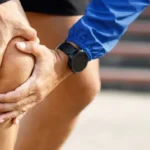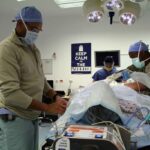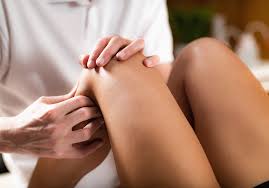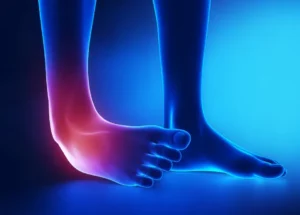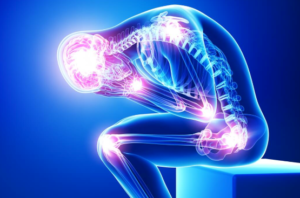A stroke can change a person’s life by affecting their physical abilities and how they manage everyday tasks. When blood flow to the brain is interrupted, it can damage brain cells that control movement and other functions. The recovery journey is unique for each individual, with many people facing ongoing challenges related to mobility and independence. Understanding these long-term effects is a key step in navigating life after a stroke.
How Does Stroke Affect Mobility?
A stroke often impacts one side of the body, leading to weakness, paralysis, or a lack of coordination known as hemiparesis or hemiplegia. This can make walking, standing, and even sitting upright difficult. Balance issues are common, increasing the risk of falls. Some individuals experience spasticity, characterized by stiff and tight muscles, which further limits movement in the arms, legs, hands, or feet.
These mobility challenges can profoundly impact a person’s ability to navigate their home and community. Simple actions, such as getting out of bed or walking to the mailbox, may require significant effort or assistance. Fine motor skills can also be impacted, making it hard to grasp objects, write, or use utensils. The brain’s ability to communicate with the muscles is disrupted, and regaining this connection is a central part of recovery.
What Challenges Impact Daily Living?
Beyond basic movement, a stroke can introduce difficulties with activities of daily living. These tasks, often taken for granted, may become obstacles that require new strategies or adaptations to overcome. Navigating these changes is a practical part of adjusting to life after a stroke.
- Personal Care: Activities like bathing, dressing, and grooming can become challenging due to one-sided weakness or limited coordination. Using tools and aids can help maintain independence.
- Household Chores: Cooking, cleaning, and doing laundry often require both hands and physical stamina. Adapting the home environment can make these tasks more manageable.
- Communication: Some individuals experience aphasia, a condition affecting their ability to speak, write, or understand language. This can make expressing needs and connecting with others difficult.
- Swallowing: Dysphagia, or difficulty swallowing, can affect eating and drinking. This may require changes in food texture and consistency to make meals safer.
These challenges require practical solutions and adjustments. Many people learn new ways to perform familiar tasks, using assistive devices or modified techniques. Support from family and caregivers can also play a large part in helping a person adapt and maintain their quality of life.
Which Therapies Support Recovery?
Rehabilitation is a cornerstone of stroke recovery, enabling individuals to regain function and adapt to their new physical realities. A team of therapists often works together to create a personalized plan that addresses specific mobility and lifestyle goals. The focus is on rebuilding strength, improving coordination, and finding new ways to perform daily activities.
- Physical Therapy: This therapy focuses on improving walking, balance, and strength. Therapists guide patients through exercises to retrain the body’s large muscle groups for standing and moving.
- Occupational Therapy: An occupational therapist helps individuals relearn skills for daily living. This includes activities like dressing, cooking, and using the bathroom, often by introducing adaptive equipment.
- Speech-Language Pathology: A speech-language pathologist assists with communication and swallowing problems. They provide exercises to improve language skills and techniques for safe eating.
Therapy is an active process that continues long after leaving the hospital. Consistent practice and a commitment to the rehabilitation plan can support ongoing progress. The goal of these therapies is to help individuals achieve the highest level of independence possible in their daily lives.
Consult a Specialist
Navigating life after a stroke requires a team of healthcare professionals to guide you through the recovery process. Working with specialists helps address the specific physical and cognitive changes that occur. A neurologist, physiatrist, and various therapists can provide targeted care tailored to your specific needs. If you or a loved one is managing the long-term effects of a stroke, we encourage you to consult with your healthcare provider. They can connect you with the right specialists to develop a comprehensive care plan.




